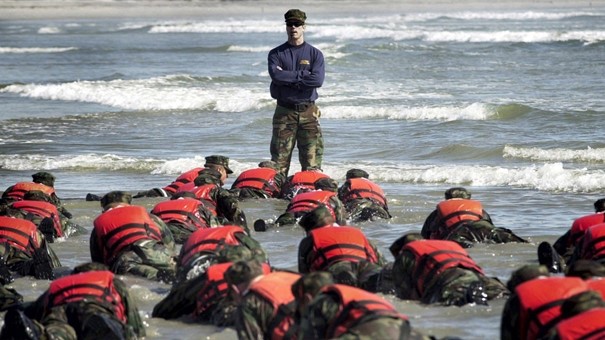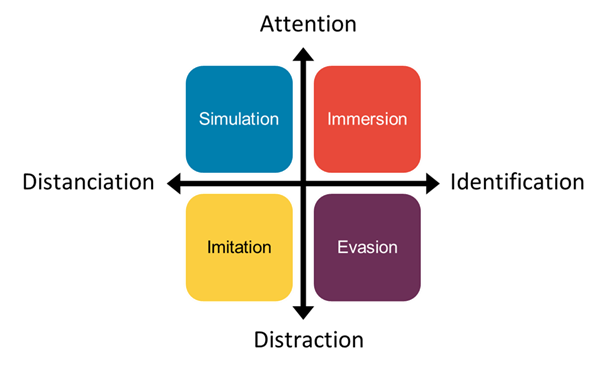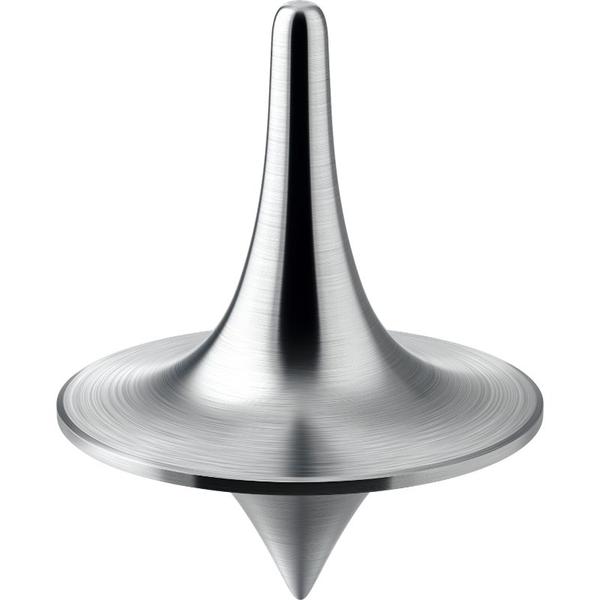Get in touch with us
By Alain Perrot, partner at Value Games
In 1990, James P. Womack published “The Machine That Changed the World”, an important book in which this MIT researcher introduced the term Lean to describe with this simple and evocative word the Toyota production system. Lean was first a term used in the motor industry to identify the right balance between fuel and oxidizer. It was barely known in the Occident.
From the Laminar Fall of Dreams to the Turbulent Flows of Reality
In his book, Womack explained the interactive dimension of Lean, which was its strength, and showed why and how Lean was superior to mass production, which was then the standard in the Western automotive industry. Womack meant by Machine, the Lean as a business system, rather than the simple tool box. Time proved him right; Thirty years after the publication of his book, Lean has imposed itself throughout the world, not only as a production system but also now as a business system.
However, Lean has begun to be criticized with the arrival of the VUCA world in the middle of the ’90s, that has been put on steroids during the COVID crisis, because in doctrinal Lean thought, which dreams of laminar and harmonious flow, Variability is considered as one of the 3 plagues to fight (Muda, waste; Mura, variability; Muri, overload).
Of course, the agile methods so loved today came to compensate the weaknesses of the traditional Lean compared to the VUCA world, but their new look with trendy words likes scrum, backlog or spring, that give strength and audacity simply by being spoken, are in reality the same things are Lean like, for example, the PDCA complement, the famous OODA (Observe, Orient, Decide, Act) loop invited by fighting pilot John Boyd during the Korean War.
To address the enormous challenges posed by the VUCA world, that will only grow bigger with the triple climate, political and social change, it seems clear that it is time to invent a new Machine, thus a business system according to Womack’s terms, that will change the world of the next thirty years, as Lean has changed the world of the last thirty years, relatively stable compared to what is awaiting us.
In the future, circumstances will constantly change, and they will change faster and faster, in opposition to current systems which are doctrinaire and exclusive, the Machine will have to be agnostic and inclusive in terms of methods and tools, and choose the best possible configuration at an instant T, depending on the situations, but on all three strategic, tactical and execution levels, just like in strategy games like chess, Go or Diplomacy.
The second argument, the solutions one, is even stronger. The randomness of COVID means the context was never so favorable for games, especially for video games that, like all digital solutions, have strongly grown during lockdown periods. Video game world market is now worth over 150 billion dollars (including 3 billion for the Serious Games), which is more than the movie and music markets combined, and it then compares to the consulting market at 250 billion dollars. Since this is a brain-intensive industry, in which the collective intelligence is increased exponentially with 3 billion players connected over the various networks, it has an enormous brain power that explodes and always creates new possibilities all over the world that, sooner or later, have concrete repercussions in companies, because the same person is both Homo Economicus and Homo Ludens.
That is what has tried to prove 10 years ago the game designer Jane McGonigal in her Gaming Can Make a Better World Ted Talk, where she generated both incredulous and intrigued laughter from the audience. Galileo got the same sarcasm when he affirmed, against the geocentric religious doctrine of the era, that Earth was spinning around the Sun.
However, like Galileo, Jane McGonigal was right, and the more time passes by, more her message becomes clear, because technology now allows blending virtual and real worlds, and tomorrow, for sure, will allow to merge both from the humain brain perception standpoint.
From Entertainment to Business
The less “performing” games are the imitation ones. For example, when you need to build a bridge with sticks or Lego™ bricks, to learn about team behavior. Then come the evasion games, typically the escape games, the murder mystery games or treasure hunts, because even if their universe is distant from the business world, the identification allows everyone to be professionally involved in the adventure, unlike the imitation games. Then come the simulation games, like the Lean Venture game that we have created for the Danone group, under the initiative of Vincent Maurice, then VP Operations of the cookies division of the group, which allowed to speed up the Lean transformation of the company. It is important to note that we had consciously selected a simulation, and not an imitation (there are Lean games in the Lego™ brick management format), because the central core of Lean is the real, with the San Gen Sughi golden rule, the Genba (the true place), the Genbutsu (the real product), and the Genjitsu (the real data).
But the true holy grail of gaming transformation is the immersion, because it allows to capture all the player’s attention and to involve them personally in the adventure at the same time, creating a real inception, to reuse the intriguing word from Christopher Nolan’s eponymous film.
Indeed, let us explore for a moment that English word. It means creation, beginning, and it comes from the Latin word inceptio, which has the same meaning as its English descendent, but which also means company.
“Ception” indeed means “to seize”, and in “inception”, there is this idea of seizing something at its beginning, just like in Nolan’s film, whose scenario is a team of inceptors led by a certain Dominic Cobb (Leonardo Di Caprio) trying to penetrate the deep dreams of the heir of an empire, in order to implement the idea of a new beginning for that empire in his brain.
In the same way, our best-known game, Value Race, is truly an inception in which we put in the brain the idea of a complex working approach, like for example S&OP, which allows the acceleration of the learning process by a factor of 100. In other words, in one day of Value Race, participants learn as much as in three months of practice of S&OP; the actual cost of errors is thus much reduced. S&OP is a collaborative method of working, Value Race‘s inception effect applies to all types of collaboration, and in particular to the ever-complex client-provider collaboration, in which we are always ready to work in a win-win situation in top-level meetings or during conferences, until the moment of truth when we are against the wall, which is so brilliantly showed by the prisoner dilemma game.

Bis repetita placent
Before the end of the decade, it is likely that it will be common to make inceptions like in Nolan’s film, in which teams could build their common future as easily as we currently do a 5S in a factory. In the future, businesses will probably conduct hyper-realistic war games, as easily as we do the PDCA of a power blackout today.
Recently, one of our clients has shown the way by forming all his management to Value Race as an inception to his S&OP project, and in the follow-up, he has tied his S&OP to a simulator that runs through its entire supply chain, from field to plate. In this spirit, it is remarkable to note that before Dick Link invented S&OP, in the ’80s, the Abbott Laboratories, where was working the visionary André Martin, father of the DRP, had, in the ’70s, a process very close to S&OP they had named “Game planning”.
Nothing Is Lost, Nothing Is Created, Everything Is Transformed
At Value Games, after Value Race to anchor S&OP, the second step towards this utopian-like future will be Value Team, our game that places teams in a crisis to reinforce their resilience. Then maybe will come a buying manager that will create an innovation hackathon with his providers, with Value Race as inception, or an operations manager that will create immersive simulation routines within its plants and warehouses, just as there are fire drills or recalls of blank products, as this example of the use of LEGO™ serious play by Siemens to improve its predictive maintenance illustrates extraordinarily: Enabling predictive maintenance using Lego Education Solution and 5G.
Mauro Vacchi, my dear late CEO of Air Liquide Welding used to say: “Dreams are free, but we always have the choice to dream small or big. Since they are free, it is better to dream big”.






